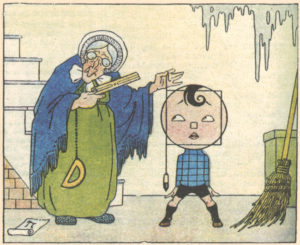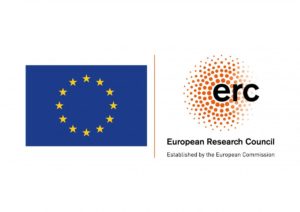 Welcome to the website of the COMICS project!
Welcome to the website of the COMICS project!
This project brings together young and established researchers with the aim of piecing together a cultural history of European comics. Our current focus is on comics from Britain, France, Belgium, Germany, Spain and Italy.
The project takes Wilhelm Busch’s iconic Max und Moritz picture story from 1865 as its starting point and focuses on comic strips and comics magazines from the 20th century. Combining comics studies and childhood studies COMICS incorporates specific insights from cultural studies (history of family life, history of public life, history of the body, affect theory and scholarship on the carnivalesque) to examine the different and changing roles played by children in comics.
In doing so, the project charts the transformation of the child figure in European comics. It examines key themes that are not only theoretical concerns for the humanities but also continue to shape our daily lives. These themes include the channelling of modern anxieties through popular culture, figurations of the child and childishness, adult-child power relations, the tension between freedom and liberty, the involvement of children in commercial endeavors, as well as representations of the body, family, school and public life and the prominence of affects such as nostalgia, happiness and shame. COMICS also seeks to increase collective knowledge about European comic strips through focusing on comics that are often overlooked or forgotten and through presenting results to both scholars and the interested public.
This project was generously funded by the European Research Council’s Horizon 2020 research and innovation program (grant no. 758502), from 2018 to 2024. While the project itself is complete, the COMICS team continues to grow and expand its horizons. For more information on the ongoing research projects, please see the profiles of the team members under the ‘People’ tab.
A full list of publications connected to the project can be consulted here.


The COMICS logo has been designed by Ana Díaz-Pavón Escavias de Carvajal.